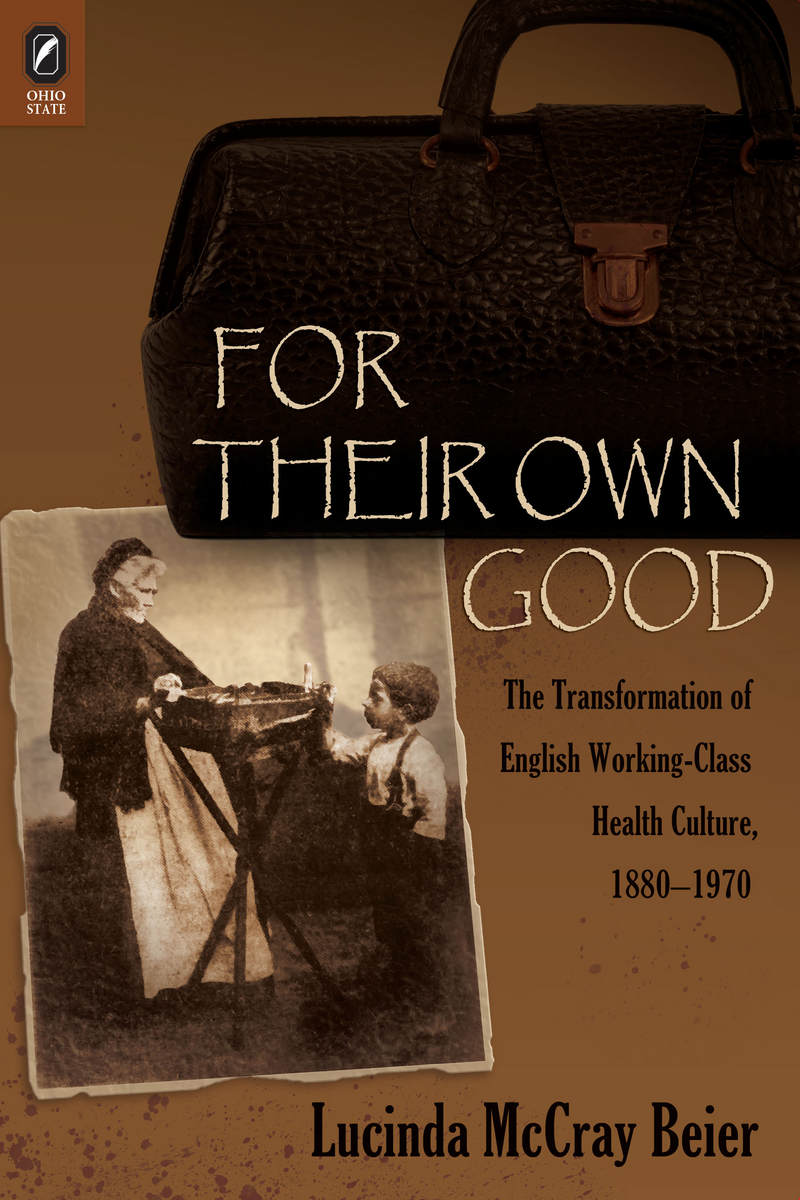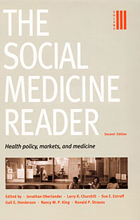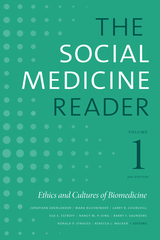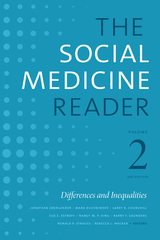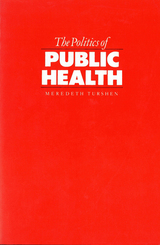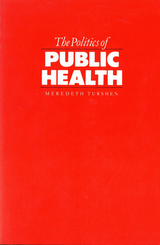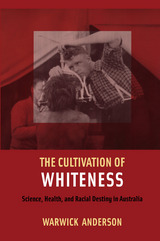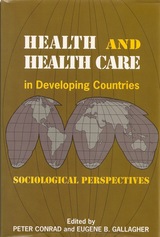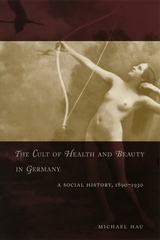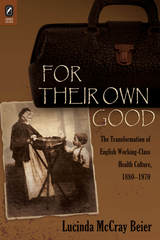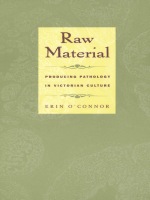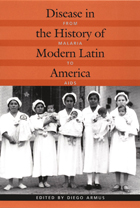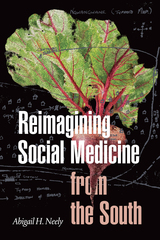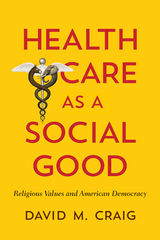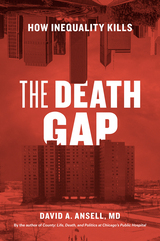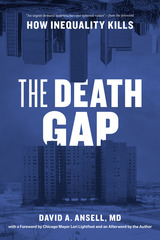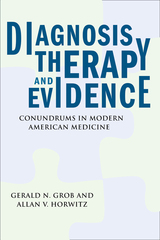For Their Own Good: The Transformation of English Working-Class Health Culture, 1880–1970
The Ohio State University Press, 2008
Cloth: 978-0-8142-1094-9 | Paper: 978-0-8142-5253-6 | eISBN: 978-0-8142-7171-1
Library of Congress Classification RA418.3.G7B45 2008
Dewey Decimal Classification 362.10941
Cloth: 978-0-8142-1094-9 | Paper: 978-0-8142-5253-6 | eISBN: 978-0-8142-7171-1
Library of Congress Classification RA418.3.G7B45 2008
Dewey Decimal Classification 362.10941
ABOUT THIS BOOK | AUTHOR BIOGRAPHY | REVIEWS | TOC
ABOUT THIS BOOK
In For Their Own Good Lucinda McCray Beier examines the interactions between working-class health culture and official provision of health services and medical care in three English communities between 1880 and 1970. Based on 239 oral history interviews of laypeople and annual public health reports, this book considers gender, class, political, economic, and cultural aspects of the mid-twentieth-century shift in responsibility for illness, birth, and death from the informal domestic and neighborhood sphere to the purview of professional, institutionally based authorities.
For Their Own Good is a case study, located in a particular place and time, of a phenomenon that has occurred in all Western nations and is now happening worldwide. As in Barrow, Lancaster, and Preston, in most circumstances, the transition from traditional to modern medicine is stimulated and enforced from the top down. Current global struggles with AIDS, overpopulation, malaria, malnutrition, and other killers offer powerful reminders that elite knowledge and strategies rarely result in success unless laypeople are engaged and invested in solutions. Furthermore, as this book demonstrates, the desired transition to Western medicine carries the twin burdens of the loss of lay ability to prevent and manage ill-health, on one hand, and the demand that political elites and medical professionals meet proliferating health care needs and demands, on the other.
See other books on: Great Britain | Medical care | Public health | Transformation | Working class
See other titles from The Ohio State University Press
